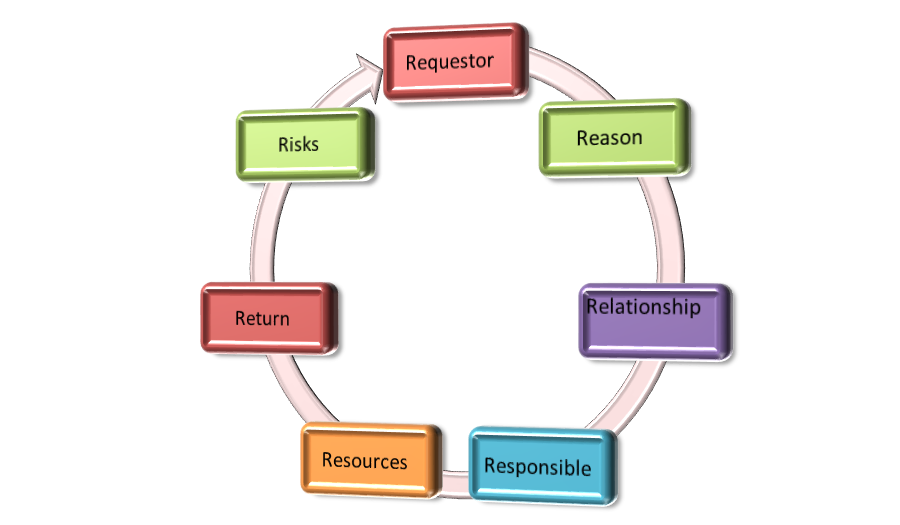Milton Keynes
Milton Keynes also abbreviated as MK is a large town located in Buckinghamshire, England. It was designed as a new town on 23 January 1967 and also an administrative centre of Borough of Milton Keynes. It is located 45 miles that is 72 km away from north-west of London.
Various another town like Bletchley, Wolverton and Stony Stratford exist here along with other 15 villages and farmland. Milton Keynes took its name from existing “Village of Milton Keynes “that is few miles away from the planned centre.
History of Milton Keynes
Milton Keynes has a rich history with proof of human settlement that was found before starting the construction of this city in 1960’s. When UK government decided to establish Milton Keynes, most of the area was farmland, and undeveloped villages and the earlier history was incredibly rich. Until the 10th century, there was no evidence of occupation in villages. During middle age, 18 villages were present that still form the heart of Milton Keynes districts. With the arrival of London and Birmingham Railway and Grand Junction canal in late 18th and 19th century, the area went through many changes and the new town of Wolverton, and New Bradwell emerged.
The greatest change in the history of Milton Keynes was when it was chosen to solve housing problems in London. Milton Keynes was planned as biggest towns and have an area of 89 square kilometres that became home to around 250,000 people. In the beginning, no building was allowed to be tall than the tallest tree, and later Milton Keynes Partnership changed it. Tallest building in Milton Keynes is 14 floors high. Its population will double by the year 2026.
Milton Keynes offers a broad range of opportunities to people to learn new things and get a better education. Bletchley Park code breakers brought innovation to the city in second world war. This team cracked secret codes of Germans. Milton Keynes is a destination that is always passionate about developing minds. It contains some of the best schools and colleges. Milton Keynes College offers a wide range of courses in different domains. It is one of the fastest growing college in the United Kingdom.
Open University offers contemporary learning where degree level education is provided to everyone. The headquarters of the university is located at Walton Hall in Milton Keynes. There is also University Centre Milton Keynes ( UCMK) which is a hub for higher education with new facilities and exciting courses in the middle of the city. This town also contains a solar-powered house that plays a significant role in the development of electric transport. Various courses, classes and opportunities are offered by Milton Keynes Theatre Creative Learning department to young people and adults to explore theatres including makeup, drama, acting and much more.
Sport
Milton Keynes has various professional teams in football, in ice hockey and in Formula one. It is also home to Xscape indoor ski slope, Formula Fast Indoor Karting Centre, Airkix Indoor Sky Diving facility and National Badminton Centre.
Economy
At Borough level, data of Milton Keynes economy, demography and politics is collected. Milton Keynes is one of the most successful economies in Southeast along with gross value added per capita index which was 47% higher than the national average. According to 2015 data, average wages place it in top five nationally.
Just 0.6% of businesses employ people more than 250 which include Open University, Volkswagen Group, Mercedes-Benz and Network Rail. Remaining enterprises around 81.5% employ near about 10 people. Milton Keynes professional, technical and scientific sector contributes large employment. Milton Keynes has a high number of business start-ups in England and start-up levels remained high even during the period of recession 2009/2010. Most of the population is younger. 22.6% of Borough population is under 16, 12.1% are aged 65+. According to 2011 census report, Milton Keynes Urban area comprises of 8.7% South Asian, 78.4% white, 3.5% Mixed Race, 7-5% Black, 1.2% Chinese, 6.7% other ethnic group and Asian.

 ENQUIRE
ENQUIRE
 REQUEST CALLBACK
REQUEST CALLBACK
 GET A FREE QUOTE
GET A FREE QUOTE


 Introduction
Introduction Course Details
Course Details Course Content
Course Content





 London
London